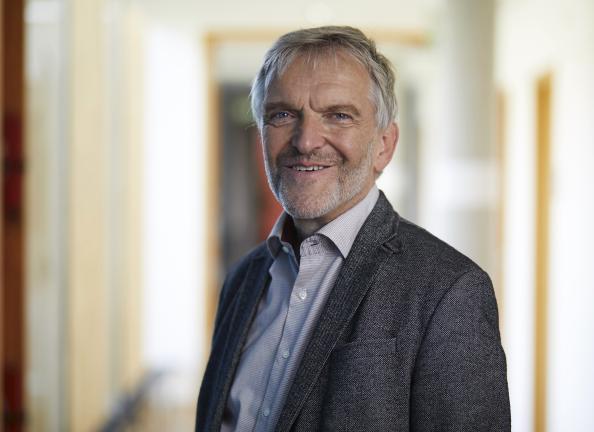Friedrich Steinle is professor emeritus of the history of science at Technische Universität Berlin.
His research focuses on the dynamics of scientific concepts and on the history of experiment, color knowledge, and electricity.
Friedrich Steinle's current research asks how eighteenth-century color knowledge was established by both practitioners and academics, creating different bodies of knowledge that came into contact and sometimes into conflict. The case exemplifies the full scope of historical aspects we need to address in order to understand developments of this kind: from epistemic goals to social status, from styles of thinking to publication resources, from economic needs to biographical baggage. Resources of knowledge in all their variety are at the core of the dynamics of this fascinating episode.
His monographs include Newton’s Manuskript “De gravitatione” (Franz Steiner, 1991) and Exploratory Experiments: Ampère, Faraday, and the Origins of Electrodynamics (University of Pittsburgh Press, 2016); he has edited books including Scientific Concepts and Investigative Practice (De Gruyter, 2012, with Uljana Feest) and Colour Histories: Science, Art, and Technology in the 17th and 18th Centuries (De Gruyter, 2015, with Magdalena Bushart). He is a member of the Deutsche Akademie der Naturforscher Leopoldina and the Akademie der Wissenschaften und der Literatur in Mainz.
Trained in physics, Friedrich Steinle earned his PhD with a dissertation on the formation of Newton’s fundamental concepts in mechanics, then switched to studies of experimental practice in early electromagnetism. He was Senior Fellow at the Dibner Institute for the History of Science and Technology and has held positions in Hamburg, Bern, Lyon, and Wupppertal and took up his Berlin professorship in 2009.
Find out more about Friedrich Steinle on the TU website.
